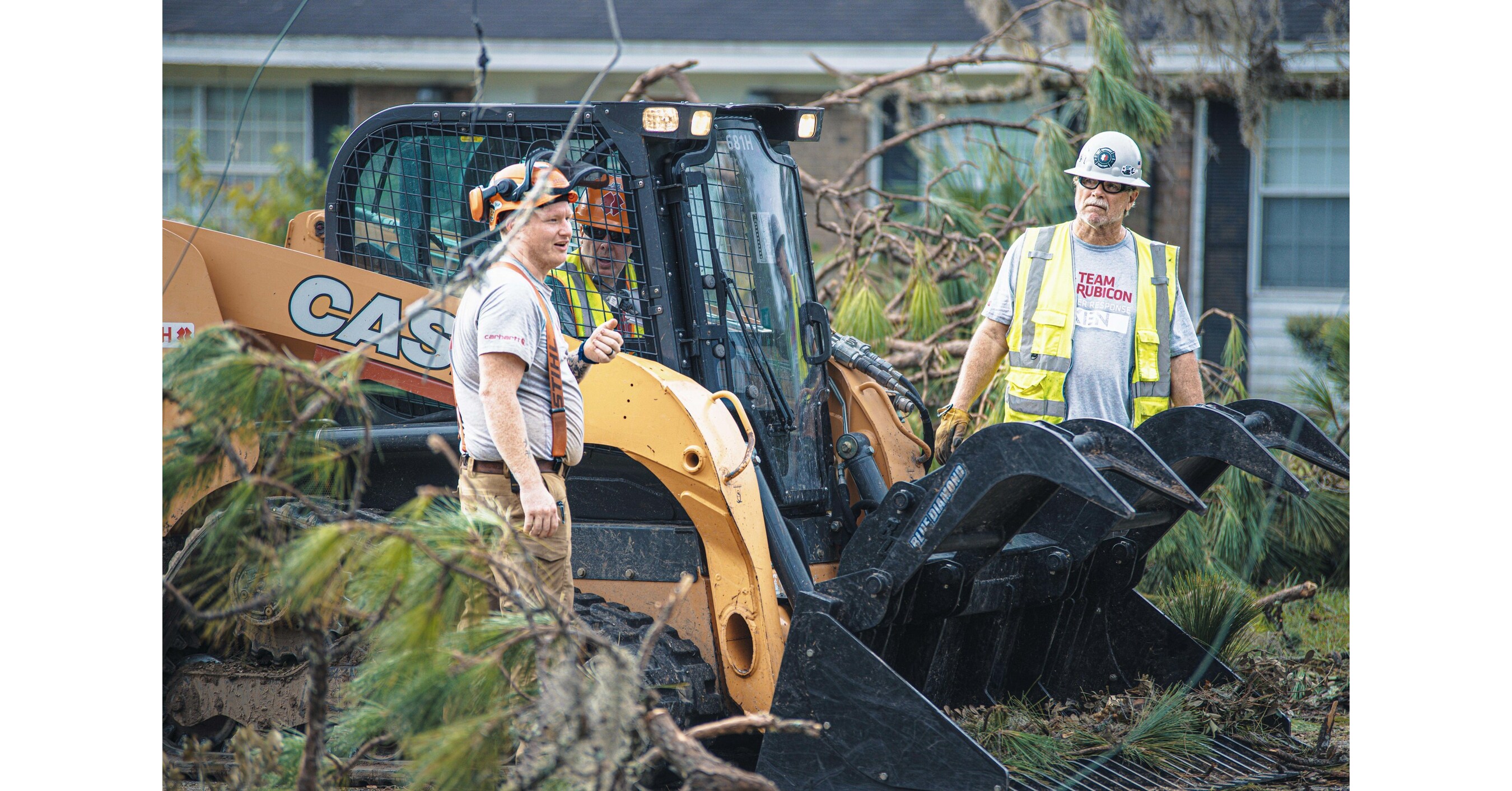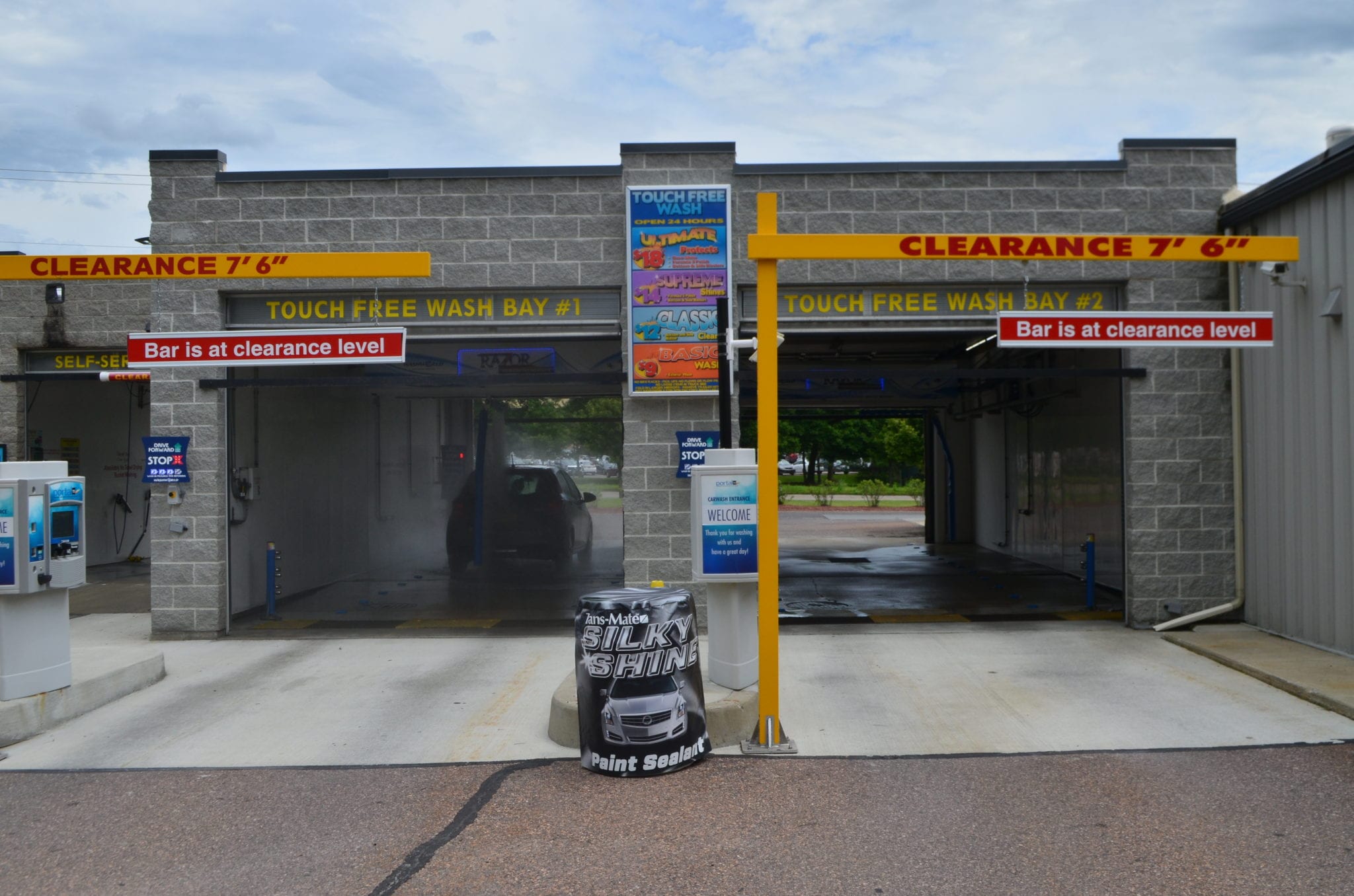Hurricane Recovery Jobs Florida: The aftermath of a hurricane leaves a trail of devastation, but it also creates a surge of opportunity. From immediate rescue and relief efforts to the long-term rebuilding process, Florida’s hurricane recovery generates a diverse range of jobs, offering skilled professionals and volunteers alike a chance to make a tangible difference while securing employment.
Obtain direct knowledge about the efficiency of craft shows grand rapids mnbeauty guru chatter reddit through case studies.
This guide explores the various job sectors, required skills, compensation packages, and resources for securing your place in Florida’s recovery efforts.
The scale of hurricane damage directly impacts the job market’s dynamism. Major storms create an immediate need for emergency responders, construction workers, and disaster relief specialists. As the immediate crisis subsides, the focus shifts towards long-term reconstruction projects, generating opportunities in fields like engineering, architecture, and skilled trades. This fluctuating demand means the job market is dynamic, offering both short-term and long-term employment prospects depending on the specific skills and career goals.
Hurricane Recovery Jobs in Florida: A Comprehensive Guide: Hurricane Recovery Jobs Florida
Florida’s vulnerability to hurricanes translates into a significant and fluctuating job market centered around recovery efforts. This guide provides an in-depth look at the diverse range of opportunities, the skills needed, and the path to securing employment in this critical sector. From immediate response to long-term reconstruction, understanding this market is key for those seeking rewarding and impactful careers.
Types of Hurricane Recovery Jobs in Florida
The aftermath of a hurricane generates a wide spectrum of job opportunities, spanning various sectors and skill sets. These roles can be broadly categorized into immediate response and long-term reconstruction, each with unique demands and timelines.
| Job Category | Description | Required Skills | Average Salary Range |
|---|---|---|---|
| Emergency Response (First Responders) | Providing immediate aid and rescue during and immediately after a hurricane. | First Aid/CPR, emergency medical training, communication skills, teamwork | $40,000 – $80,000+ |
| Debris Removal and Cleanup | Clearing debris from roads, buildings, and properties. | Heavy equipment operation, safety protocols, physical stamina | $35,000 – $60,000 |
| Construction and Reconstruction | Rebuilding damaged homes, businesses, and infrastructure. | Carpentry, plumbing, electrical work, blueprint reading, project management | $45,000 – $90,000+ |
| Insurance Adjusters | Assessing damage to properties and processing insurance claims. | Insurance knowledge, damage assessment skills, communication, negotiation | $50,000 – $85,000 |
| Temporary Housing and Relocation Services | Providing temporary housing and assisting with relocation efforts. | Logistics, customer service, case management, problem-solving | $38,000 – $65,000 |
| Disaster Relief and Aid Organizations | Providing support services, food, water, and other essential supplies. | Logistics, community outreach, social work, volunteer management | $40,000 – $70,000 |
Immediate response jobs, such as debris removal and emergency services, are often short-term, high-demand roles immediately following a hurricane. Long-term reconstruction jobs, including construction and rebuilding, extend for months or even years, offering more sustained employment.
Job Market Trends and Projections
The hurricane recovery job market in Florida is inherently cyclical, spiking dramatically after major storms and gradually declining as recovery progresses. The duration of these opportunities depends heavily on the scale of the disaster. For instance, the recovery from Hurricane Michael (2018) resulted in sustained job growth in the affected Panhandle region for several years.
Over the next five years, projections suggest a fluctuating market. Construction and reconstruction will likely see periods of high demand following significant hurricanes, while other sectors like insurance adjusting will experience more consistent demand. Coastal regions are expected to see the most significant fluctuations, with areas like Southwest Florida (following Hurricane Ian) experiencing prolonged periods of high demand.
The inland areas will experience less volatility.
Skills and Qualifications Needed
Success in hurricane recovery jobs requires a blend of hard and soft skills. Hard skills are the technical proficiencies needed for specific roles, while soft skills are the interpersonal and professional attributes that contribute to effective teamwork and efficient work practices.
Hard Skills: These vary widely depending on the job, but common examples include operating heavy machinery (for debris removal), carpentry and construction skills (for rebuilding), and insurance assessment expertise. Specific certifications, such as OSHA 10 or other safety training, are often beneficial.
Soft Skills: Crucial soft skills include teamwork, communication, problem-solving, adaptability, resilience, and the ability to work under pressure. These skills are essential for navigating the often chaotic and stressful environment of disaster recovery.
Sample Resume: A resume should highlight both hard and soft skills. For example, a construction worker’s resume might emphasize experience in framing, roofing, and drywall installation (hard skills), while also mentioning teamwork, problem-solving, and the ability to meet deadlines (soft skills).
Finding Hurricane Recovery Jobs
Finding hurricane recovery jobs requires a proactive and multi-faceted approach. Utilizing a variety of online resources and networking strategies increases your chances of securing employment.
- Online Job Boards: Indeed, Monster, LinkedIn, CareerBuilder, and specialized construction job boards.
- Networking: Attend industry events, connect with contractors and construction firms, and leverage professional contacts.
- Direct Applications: Apply directly to companies involved in disaster relief and recovery efforts.
- Government Agencies: Check websites of state and local government agencies for job postings related to recovery efforts.
While online job boards offer wide reach, networking often leads to hidden opportunities. Direct applications demonstrate initiative, while government agencies provide access to publicly funded projects.
Compensation and Benefits

Compensation varies greatly depending on the specific job, experience, and employer. While some immediate response jobs may offer hourly wages, many construction and reconstruction roles offer salaries. Benefits packages can include health insurance, retirement plans, and paid time off, though these may vary across employers.
Larger companies and government agencies tend to offer more comprehensive benefits packages compared to smaller contractors. Negotiating salary and benefits is crucial, especially in high-demand situations following major hurricanes.
Safety and Training, Hurricane recovery jobs florida
Hurricane recovery work is inherently hazardous. Adherence to safety regulations and the use of appropriate personal protective equipment (PPE) are paramount.
- Safety Precautions: Always follow OSHA guidelines, wear appropriate PPE (helmets, safety glasses, gloves, etc.), and be aware of potential hazards like downed power lines and unstable structures.
- Safety Equipment: Hard hats, safety glasses, gloves, high-visibility clothing, steel-toed boots, and respirators are crucial.
- Training Programs:
- OSHA 10-Hour Construction Safety and Health Training
- Emergency Medical Technician (EMT) certification
- Heavy Equipment Operation certification
- Specific training on handling hazardous materials
Impact of Hurricanes on Florida’s Economy
Hurricanes have a significant and complex impact on Florida’s economy. While causing immediate devastation, they also stimulate substantial job growth in the recovery phase. The scale of the damage directly correlates with the extent of job creation. Government initiatives, such as FEMA funding, and private sector investment in reconstruction play crucial roles in driving this job creation.
The long-term economic effects are mixed. While recovery efforts create jobs, the destruction of businesses and infrastructure can have lasting negative impacts. The balance between these opposing forces depends on the speed and effectiveness of the recovery process.
Volunteer Opportunities in Hurricane Recovery
Many organizations coordinate volunteer efforts following hurricanes. Volunteers play a vital role in providing immediate aid and supporting long-term recovery.
Volunteer Roles: Volunteers can assist with debris removal, food distribution, shelter operations, providing emotional support to affected individuals, and administrative tasks for relief organizations. Organizations like the Red Cross, Salvation Army, and local volunteer groups offer various opportunities.
Visual Representation of Volunteer Roles: Imagine a team of volunteers, some in hard hats clearing debris with shovels and wheelbarrows, others organizing and distributing food and water at a relief center, and still others offering comfort and assistance to residents in temporary shelters. This collaborative effort, encompassing diverse skills and contributions, is essential for effective hurricane recovery.
Securing a role in Florida’s hurricane recovery isn’t just about finding a job; it’s about contributing to the resilience and rebuilding of communities. Whether you’re a seasoned professional seeking new challenges or a dedicated volunteer wanting to lend a hand, the opportunities are plentiful and diverse. By understanding the various job sectors, acquiring the necessary skills, and utilizing effective job search strategies, you can play a vital role in Florida’s recovery while building a rewarding career.
The path to contributing to the rebuilding efforts is clear, and the impact you can make is immeasurable.



